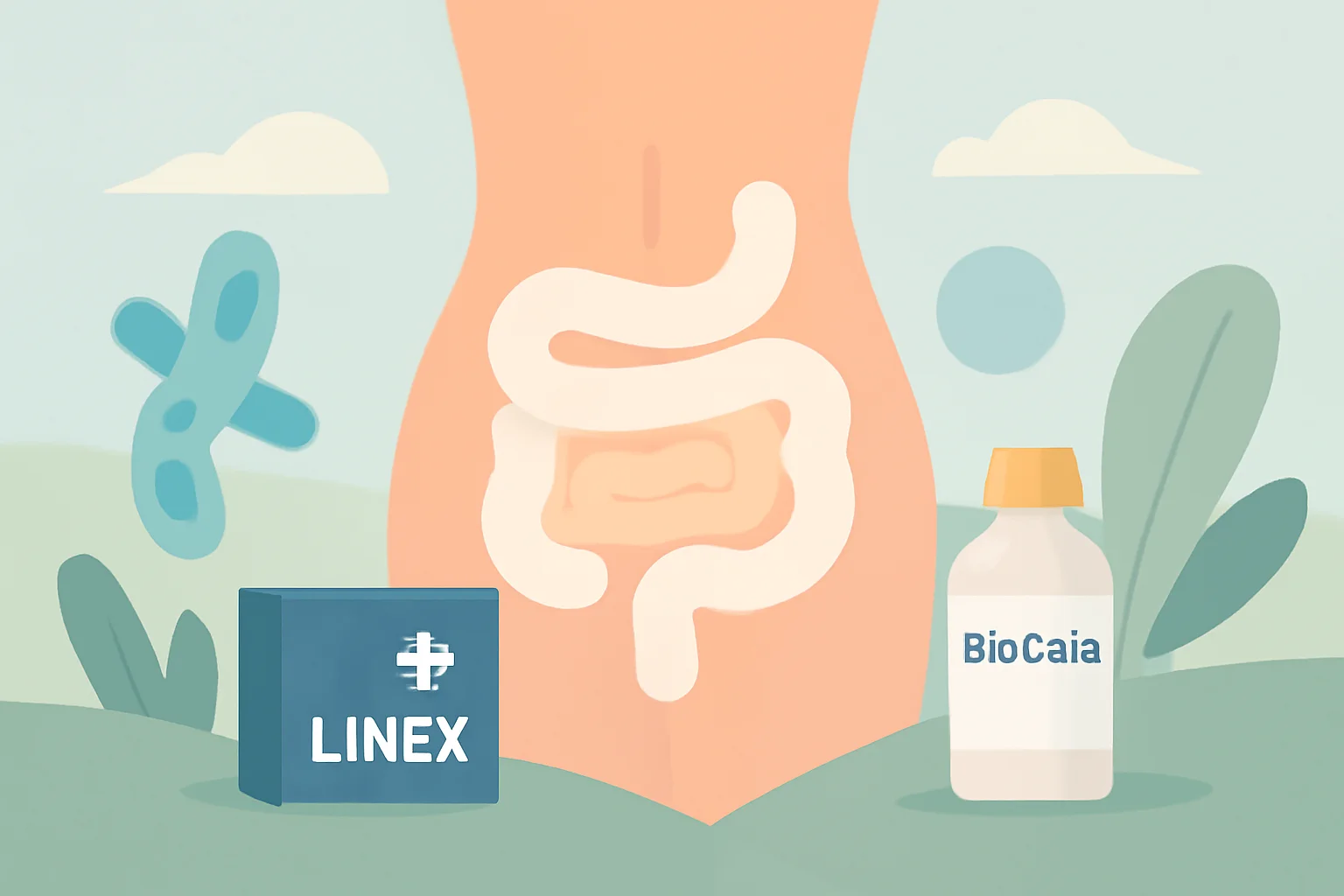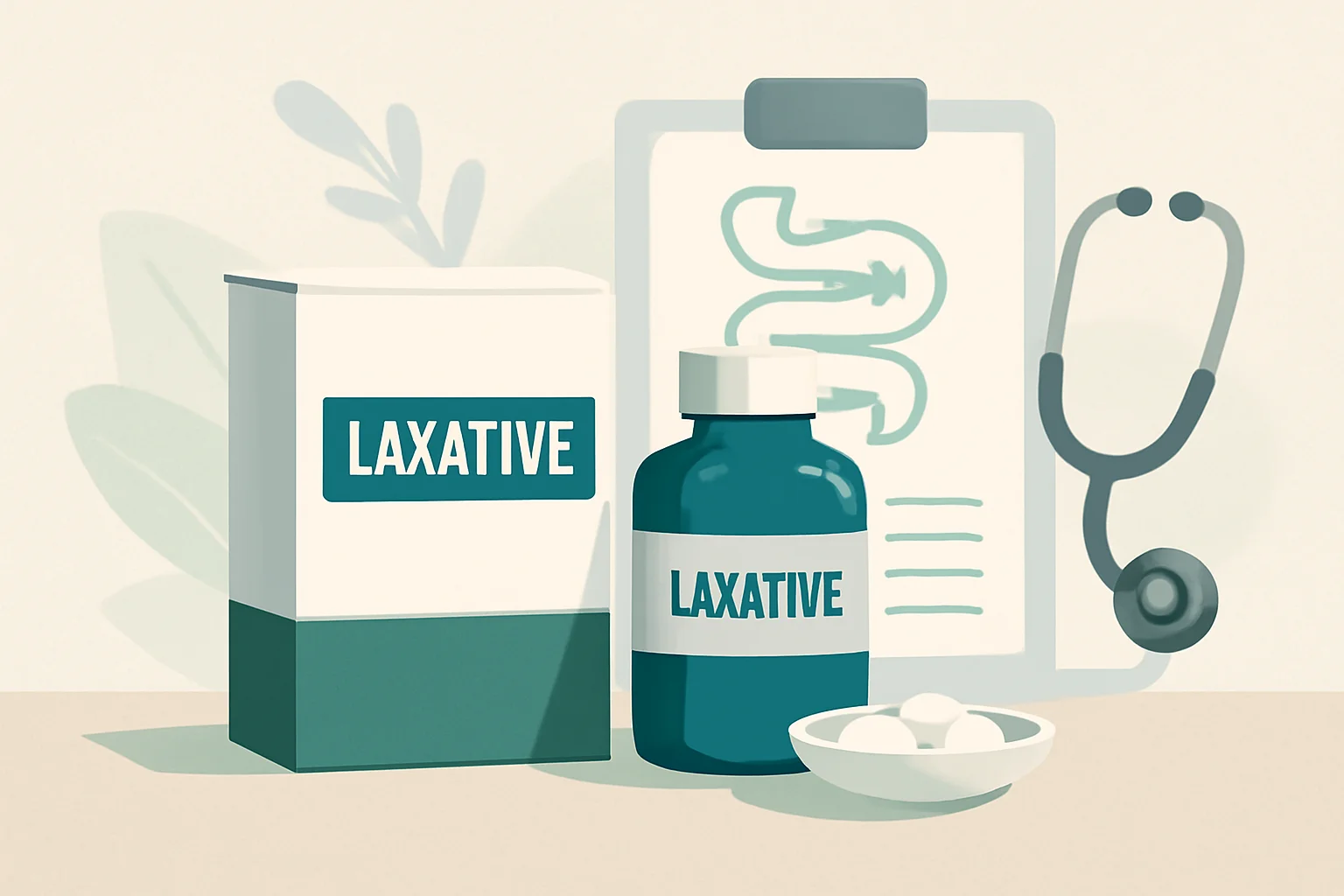
The Effects of Edamame: Health Benefits and Nutritional Content
Edamame, the young green soybean, has become increasingly popular among health food enthusiasts in recent years. Originating from Asian cuisine, edamame is not only delicious but also offers numerous health benefits that can contribute to a balanced diet. In addition to being a great snack option, edamame is rich in nutrients, making it particularly favorable for vegetarians and vegans. This young soybean is packed with protein, fiber, vitamins, and minerals, leading more and more people to discover its beneficial effects.
The Nutritional Content of Edamame
Edamame is rich in nutrients that contribute to the optimal functioning of the body. A cup (about 155 grams) of cooked soybeans contains approximately 189 calories, which is relatively low considering the nutrients it provides. Edamame is an outstanding source of protein, with one cup containing up to 18.5 grams of protein, which aids in muscle building and tissue repair.
Its fiber content is also noteworthy, as a cup of edamame contains about 8.1 grams of fiber. Fiber plays an important role in digestion, helps maintain gut health, and contributes to a feeling of fullness, thereby assisting in weight management. Additionally, edamame is rich in vitamins, including vitamin K, vitamin C, and several B vitamins, such as folate and vitamin B6.
In terms of minerals, edamame is an excellent source of calcium and iron, which is particularly important for those following a plant-based diet. Calcium contributes to the health of bones and teeth, while iron aids in the formation of red blood cells and the transport of oxygen in the body. Magnesium and potassium are also found in edamame, which are essential for the proper functioning of the cardiovascular system.
The Health Benefits of Edamame
Consuming edamame offers numerous health benefits, including reducing the risk of cardiovascular diseases, aiding in weight management, and lowering the risk of diabetes.
From a cardiovascular health perspective, edamame is rich in omega-3 fatty acids and antioxidants, which can help reduce inflammation and cholesterol levels. It is important for our diets to include adequate amounts of healthy fats, and edamame is a perfect source of these nutrients.
A fiber-rich diet can also assist in weight management. Thanks to its high fiber content, edamame provides a feeling of fullness for a longer period, helping to prevent overeating. Along with its low calorie content, this property makes edamame particularly appealing to those looking to lose weight or eat healthier.
Edamame may also play a role in reducing the risk of diabetes. The fiber it contains slows down the absorption of sugar into the bloodstream, resulting in more stable blood sugar levels. Additionally, edamame is a low glycemic index food, which positively affects blood sugar regulation, especially for individuals with type 2 diabetes.
How to Prepare Edamame
Preparing edamame is extremely simple, and it can be used in various ways. The most common method is boiling, but steaming and roasting are also popular. Before preparing edamame, it is important to wash the beans thoroughly, then follow these steps.
To boil edamame, bring a large pot of water to a boil, then add the green soybeans. Cook them for about 5-6 minutes until they are tender but still crisp. Then drain and rinse them under cold water to stop the cooking process. To season the edamame, sprinkle salt on it, or even spices like garlic or chili, depending on your flavor preference.
Edamame pairs wonderfully with salads, pasta, or even sandwiches. It can be enjoyed as a snack, served with a bit of soy sauce or tahini, or offered with various dips. Thus, edamame is an incredibly versatile ingredient that can be easily incorporated into our daily diet.
It is important to note that edamame should be consumed in moderation, like any other food. However, as part of a varied and balanced diet, edamame can be an excellent choice with numerous beneficial effects.
The information presented in this article is not a substitute for medical advice. Always consult your doctor for health issues!

